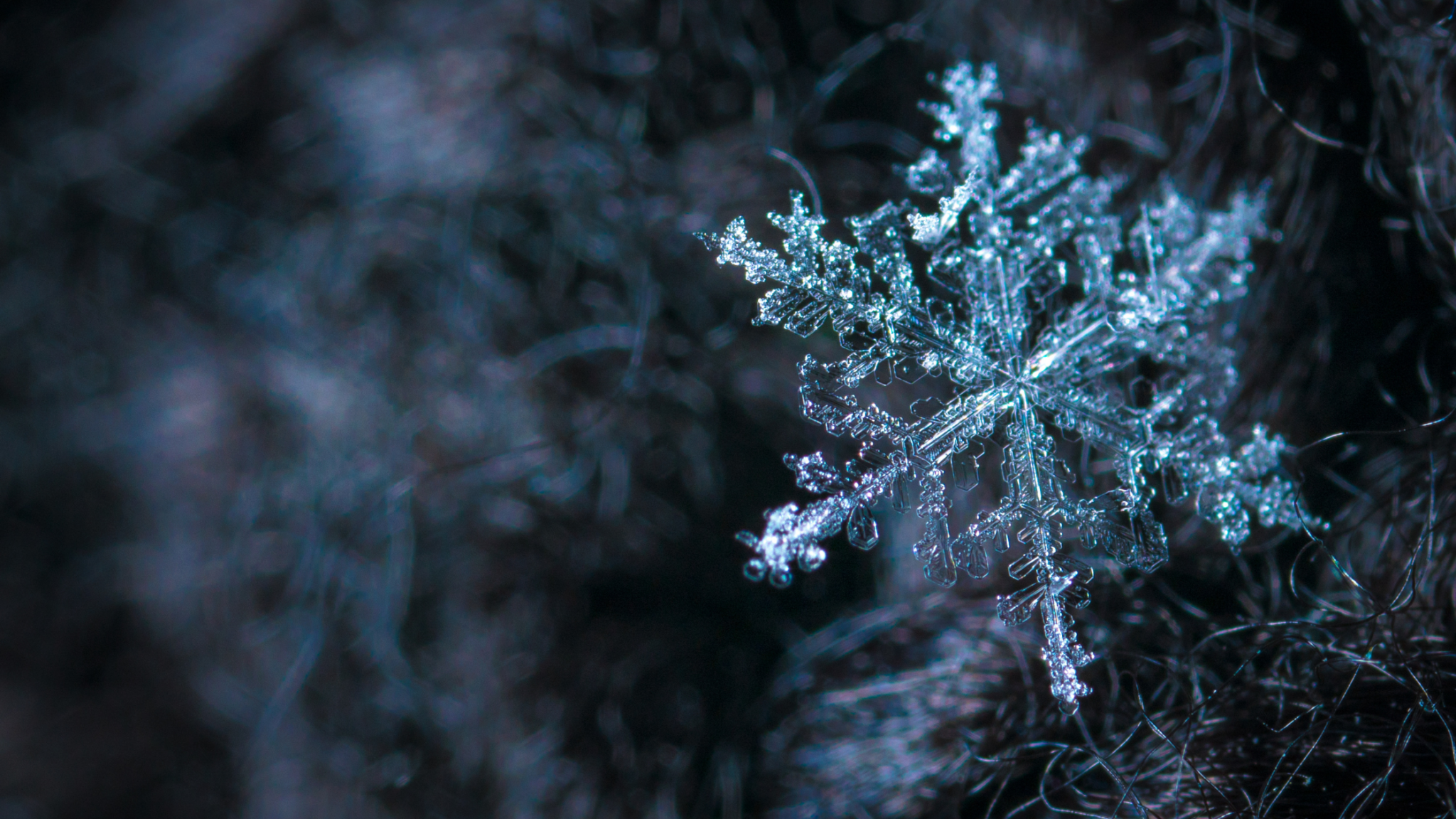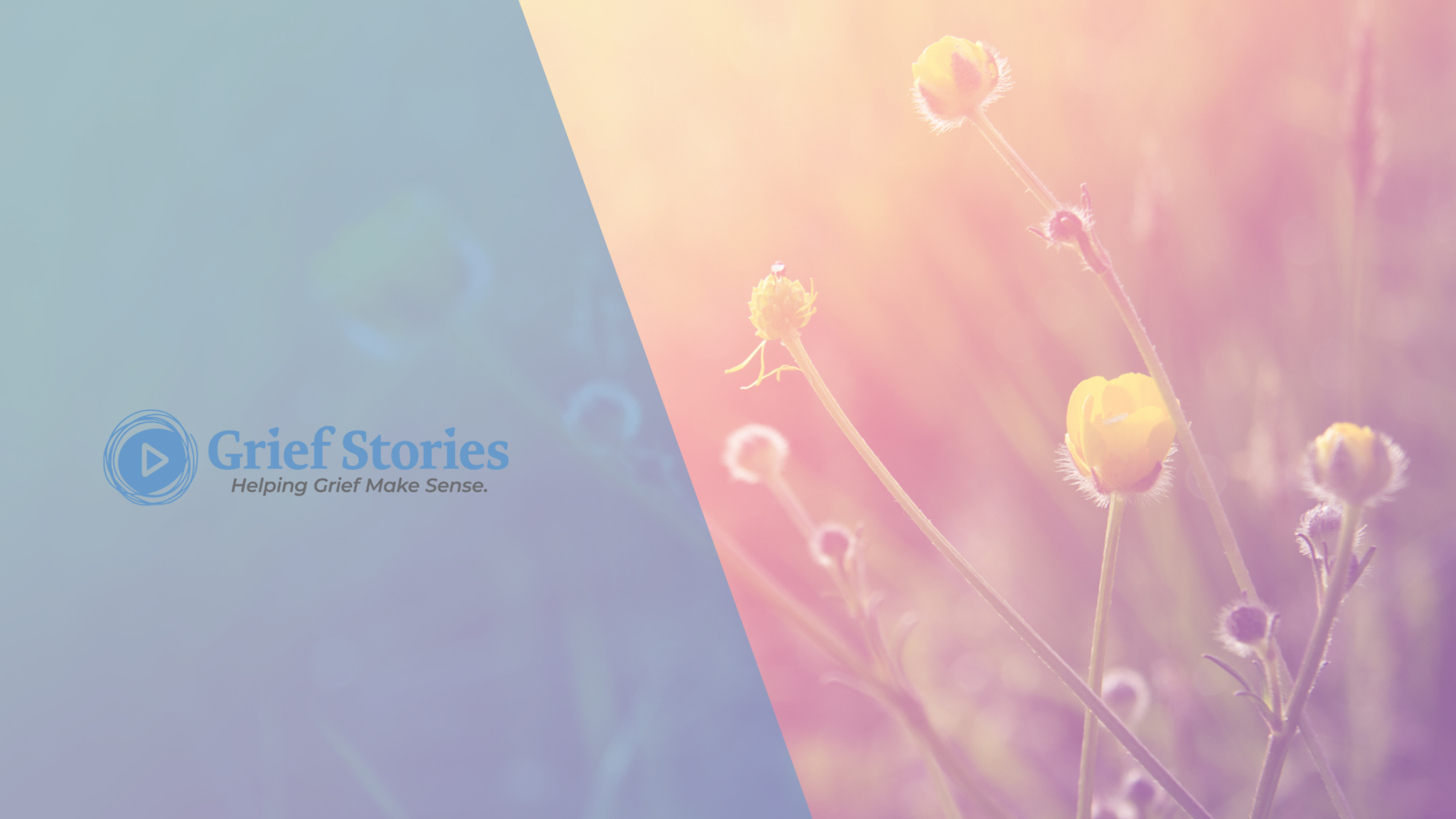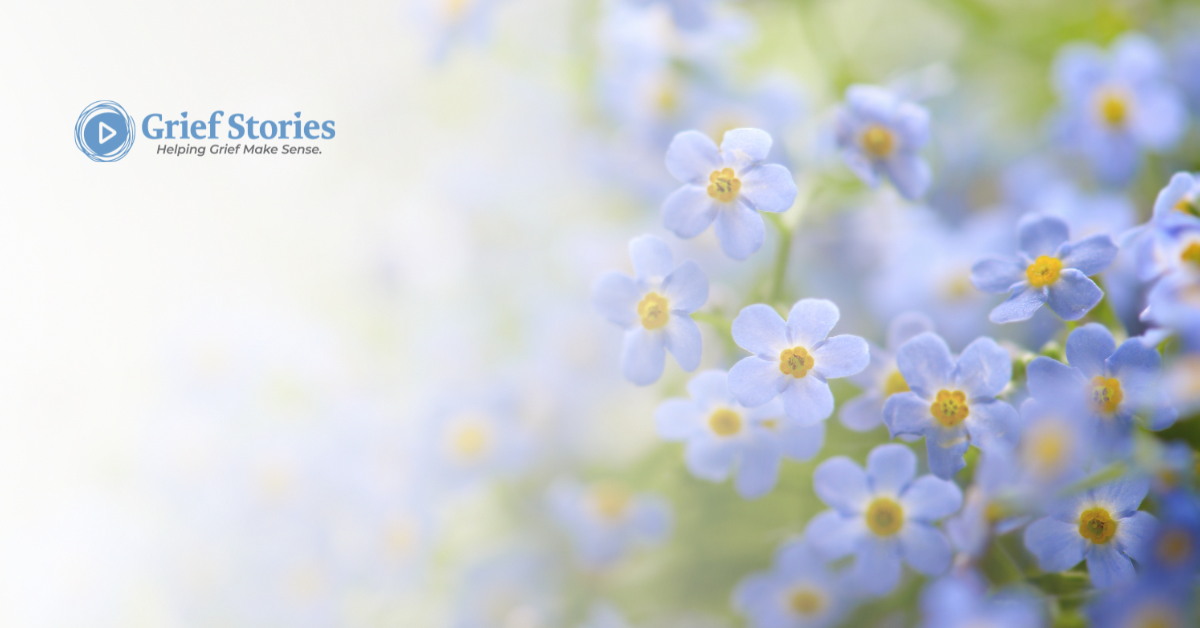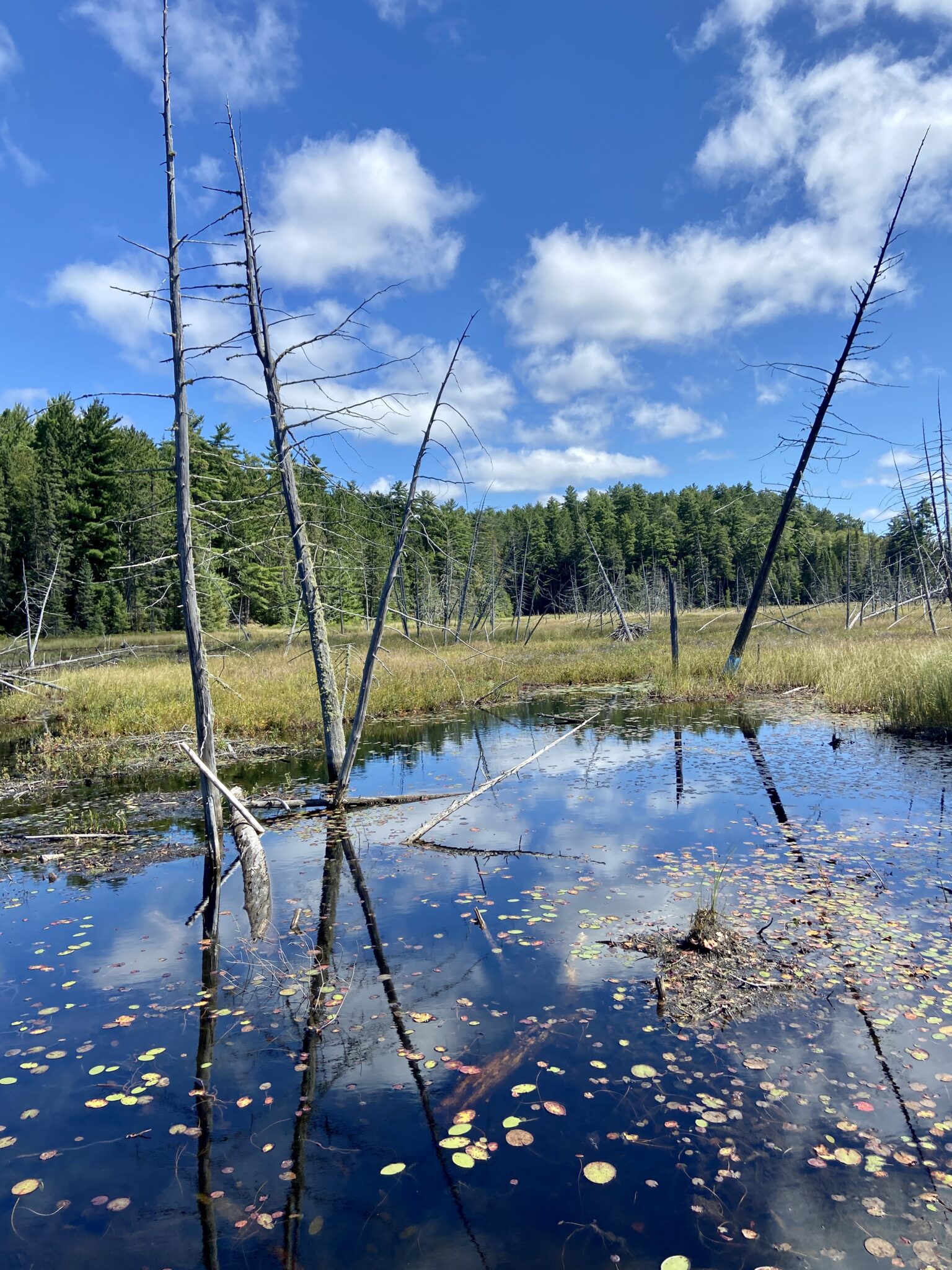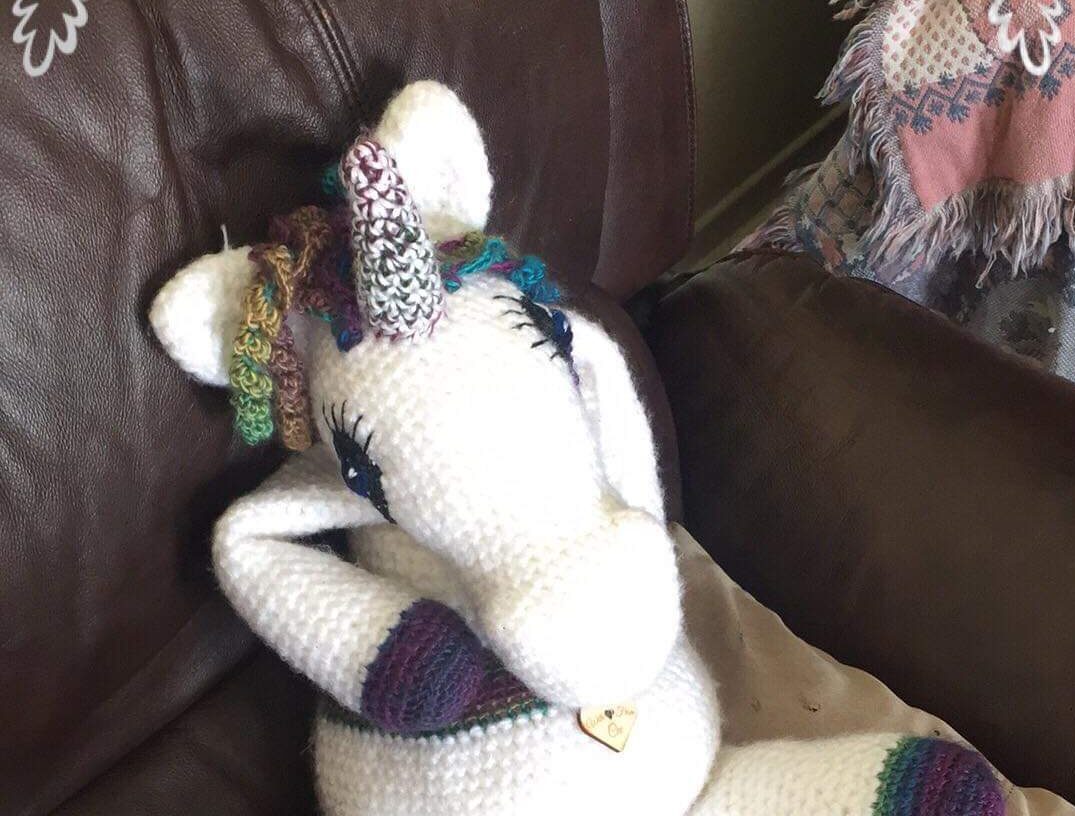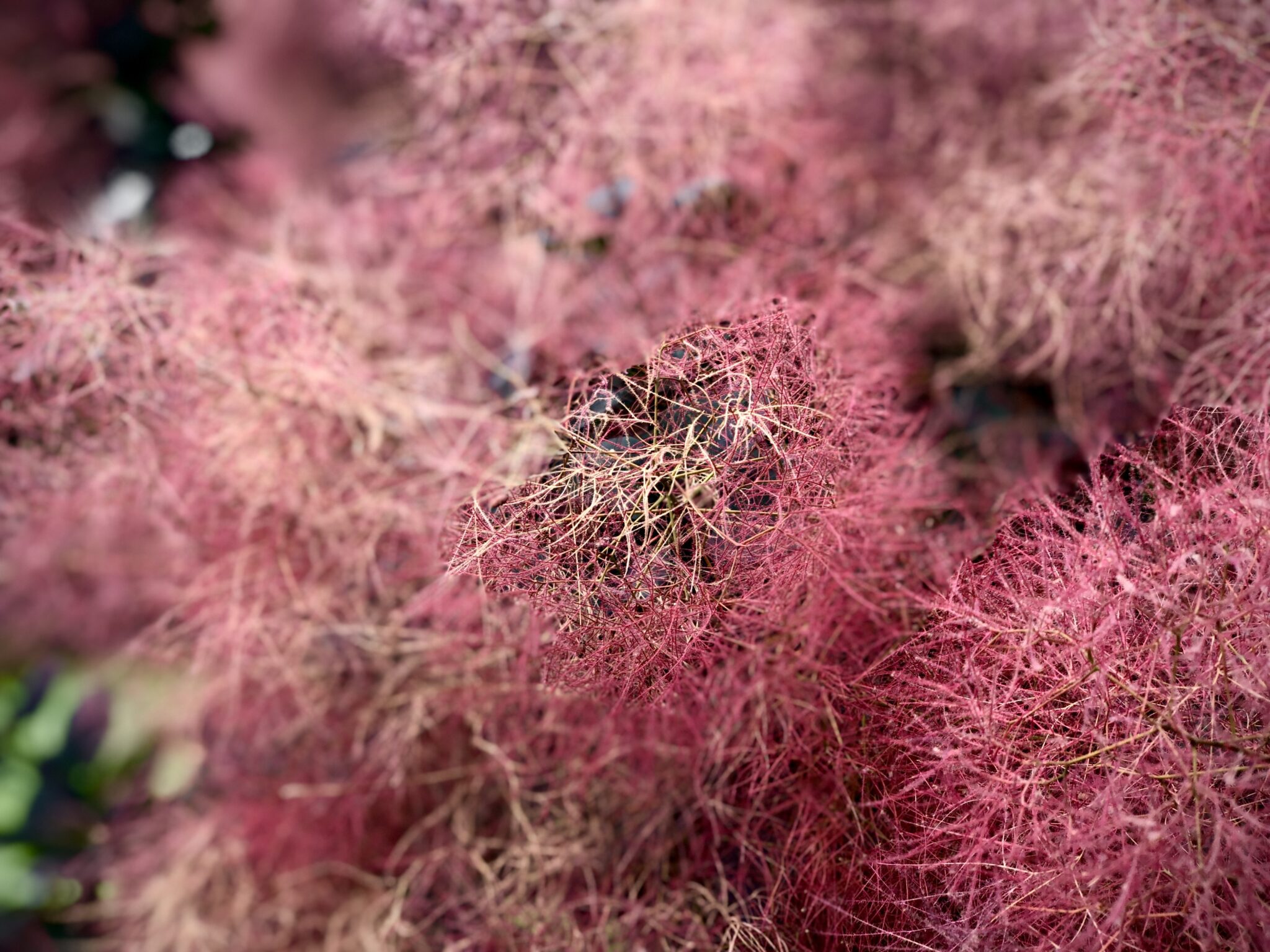Posts Tagged ‘Healing’
Quiet Hope: Healing as a Nurse, Mourning as a Mom
By: Yhaimar Barile
I’m a nurse. I’m a writer. And I’m a mom who lost her son.
Last year, shortly before his eighteenth birthday, my son Gabriel died unexpectedly. Everything changed after that. Life split into a clear “before” and “after.” The world around me kept moving, but mine stopped. Nothing looked or felt the same—not my family, not my work, not even myself.
Grief changes everything.
Nothing prepares you for the kind of loss that tears through every part of your life, including your work. I believed, like many others, that after a few weeks of grieving, I could go back to nursing. I thought life would find a new rhythm, even without my child. What I didn’t expect was how grief and trauma would reshape how I could (or couldn’t) show up for myself and for my patients. I wasn’t a nurse grieving a loss; I was a mother reckoning with the trauma of losing her son.
It soon became clear that returning to bedside nursing was impossible for me in that season. That realization marked the beginning of a profound and seemingly permanent shift in my path and identity. Nursing was my calling, but now I am rethinking how I can care for others, contribute, and find purpose despite losing my son.
Grief reshapes you. I was still a nurse—but I was also a mother in mourning, learning to survive something that felt impossible. Healing started there. It didn’t come from answers or quick fixes but from learning to treat myself with kindness.
Healing is being gentle with where I am.
Healing starts with gentleness. It means meeting myself right where I am, day by day. Healing from trauma and grief means knowing what my mind, body, and spirit need. Some days, that means moving my body or nourishing myself as best I can. Other days, it means resting or letting creativity speak through writing or art.
Healing is work, but not the hustle kind. It’s being intentional in caring for myself, trying when I can, and not judging myself when I can’t. Honoring even the smallest act of self-compassion is essential. This is how I rebuild, one gentle step at a time. In these small steps, I find the quiet strength of hope.
Hope is the act of showing up.
Hope, for me, doesn’t arrive with fanfare. It’s often quiet—the choice to keep showing up for myself and my family, despite my imperfections. Right now, hope means reaching for a new purpose: health content writing, connecting with those who understand loss, or honoring Gabe’s memory in ways that feel true.
Most days, hope means allowing the possibility of meaning to return, even in small moments. It’s trusting that my life and work can grow and change, and that honoring my grief is compatible with helping others.
If you’re walking through the trauma of grief, please know healing may feel like work, because it is. But it’s work that starts with gentleness and self-compassion. Hope doesn’t have to be grand. Sometimes, it’s simply the act of showing up. That is enough. You are not alone.
About Yhaimar Barile:
I’m Yhaimar Barile (she/her), a nurse, writer, wife, and mother learning how to live after the loss of my son Gabriel, who died unexpectedly just before his eighteenth birthday.
Born in Venezuela and now living in Atlanta, I run Legacy Nurse Writer—a name that carries Gabe’s spirit and my hope to keep helping others in his memory. Grief changed everything, including how I care for others, how I work, and how I move through the world.
I’m raising my son David alongside three incredible stepboys. Most weekends, I’m at the soccer field, cheering on with quiet pride. Our Boston terrier, Luna, is always nearby, sensing when I need a nudge, or a reason to smile.
Lately, I’ve found comfort in glass fusing—turning broken pieces into something whole and beautiful. It’s become a kind of language for everything I can’t quite say.
What gets me through? Gentleness. Storytelling. Connection. I believe healing doesn’t mean moving on. It means carrying love with us and finding meaning in the process. Some days, just showing up is enough. And on the hardest days, I remind myself: even quiet hope counts.
Preparing For and Coping with Special Days
Special Days can be days we have honoured with our loved ones that many others celebrate or more personal dates and milestones with your loved one. As these days approach, it can be difficult to figure out how to move through a Special Day. Do you do what you’ve always done? What do you do if you just want to ignore the day? Special Days can bring up a lot of different emotions, triggers, and opportunities to honour the person who has died.
Why Can Special Days Feel so Hard?
While we are grieving, it can feel as if our world has stopped while the rest of the world seems so happy and carry on as if nothing has happened. After the death of a loved one, there are other transitions and losses we can be grieving while we grieve the death. We may be letting go of old roles while taking on new roles in our family. There may be changes in our relationships and dynamics with others.
Planning Ahead Can Help Us Prepare
There’s no “right” way to feel as a Special Day approaches. You may dread the event, feel on edge, be angry at the number of store displays triggering your grief, or find yourself honouring your loved one and feeling joy.
Planning can help lower anxiety and can help us feel more prepared to cope. Grief can change from moment to moment. If your plans need to change the day of, that’s okay too.
Involve your support network that you usually spend this time with, including children, in conversations about what they would like to do. Everyone is impacted by grief, no matter their age, ability, gender, race, or other identities. You can find more information on grief and supporting grievers with intellectual disabilities here and a post about supporting grieving children here.
Taking Care of Yourselves Through and After Special Days
You may find that your grief is heavier in the lead-up to the Special Day, on the Special Day itself, or that you may experience a wave of grief in the day(s) afterwards.
Here are some gentle reminders:
- You may not be able to do all the things you have done or had planned to do, but be compassionate with yourself. You are allowed to set boundaries around your capacity so you can give yourself plenty of care and rest during this time.
- Grief can impact us mentally, emotionally, and physically. We can find ourselves exhausted in different ways, especially after going through heavy days. Check out our tips on the different ways we can give ourselves rest and care as we grieve here.
- This time of year can have us grievers feeling more overwhelmed or lonely at this time of year. If it feels right, think about it and reach out to people in your network you find supportive. Asking for specific support helps our loved ones give us what we need. The 3 H’s can help us name what type of support we may be needing:
- Heard: To feel listened to, validated, without judgement
- Help: Problem-solving, practical support like cooking, cleaning, childcare, etc.
- Hug: Sometimes we don’t need words of comfort, but a comforting touch like a hug.
- There is no right way to feel on a Special Day. You are allowed to experience moments of joy and lightness on these days while also missing your loved one.
____________________________________________________________________________________
Jessica Milette, MSW, RSW. Grief Stories Healthcare Consultant
Jessica is a registered social worker and owner and of Cultivating Connections. Her expertise includes helping individuals and families facing anticipatory grief, ambiguous loss, disenfranchised losses, and sudden deaths. Jessica believes in the power of connection; within ourselves, with those who have died, those we are in relationship with, and with our greater communities. Through sharing our stories of grief and loss, we tend to our connection with those who have died and creating connections with others.
Jessica is a white woman living on the traditional territory of the Anishnabek, the Haudenosaunee, the Attiwonderonk, and the Mississaugas of the Credit peoples, also known as Guelph, ON.
Finding Joy During the Holidays After Loss When Everything Feels Awful: A message of hope.
My mother died in the middle of the night on January 1, four days before I turned sixteen. I don’t remember much about Christmas the couple weeks before she died, just that we spent a lot of that season in the ICU of the hospital where my mother had birthed my brother and I. For a decade after she died, I hated Christmas. Everything filled me with dread and heaviness. The lights, decorations, and music made my skin crawl- and they were inescapable. At the grocery store, at work, looking out my apartment window onto the main street of a small town. The traditions my family had grown up with weren’t things we did anymore. The holidays weren’t joyful, connective, or fun.
Now, I am thirty-three and the mother of two little humans. I have officially crossed the threshold of being alive longer without my mother than with her. My motherhood has come with many gifts and one of them has been finding joy during the holidays again. I’m writing this cozied in a bright red snoopy sweater that says “merry”. My partner and brother have matching ones. My older kid told me he wants to decorate our house with rainbow-coloured lights, so I bought a strand to hang on the weekend and a small wreath with red berries that reminded me of my mother. I hung the wreath on my front door and thought about how she probably would have hung the lights with my son the same day he had the idea if she were alive.
Last month, my cousin got married and had set up a table of pictures of family members who had died so they could be part of the big day. My beautiful mother was there, smiling brightly out of the frame. My kid noticed it, we have the same picture of her on our fridge. “It’s your mama! She died. We could bring her back and visit her at her house,” said my sweet four-year old. I remind him that death doesn’t work that way, but she lives in our hearts. The next day, he brought her up again and I told him a story about her. It doesn’t feel heavy, even though I still miss her. I feel grateful to feel her presence in our lives. Grief, though still present, changes over time.
If you are someone who is grieving during the holidays and can relate to the first part of my story, I want you to know that it might not feel that way forever. I also want you to know it’s okay to feel however you’re feeling- there are no rules in grief. Here are a few things I’ve learned about grief and the holidays:
Sometimes it can help to make new traditions.
When my older kid was old enough to enjoy Christmas for the first time, I asked my partner, my brother, and other family members if they had any traditions they wanted to start incorporating into the season. We’re still working on building these traditions with my kids, but things like Christmas Eve dinner with my aunt and uncle, Christmas morning with my dad, not wrapping Santa gifts, baking cookies, and hanging rainbow-coloured lights are all slowly becoming ways to find joy, intentionally, together.
- Don’t overextend yourself.
If you don’t want to participate in every (or any) holiday activity- don’t! I didn’t decorate for years, I still avoid malls between November 15-January 1, and there have been some years where I intentionally scheduled work things so I didn’t have to participate at all. It’s okay to be gentle with yourself when it comes to participating in holiday-related things while you’re grieving.
3. Giving can be healing.
I do a lot of my planned giving to charity during the holiday season. I use affiliate programs connected to a breastfeeding support organization I’m passionate about to buy gifts for family and friends, I make donations to organizations that are important to loved ones in their names, and I give to grief resources and hospices as I can. Knowing I am helping other people during a season that has traditionally been hard for me helps me feel connected and supports my continuous healing.
If you find support through the resources we create at Grief Stories, please consider helping us reach our fundraising goal this holiday season so we can continue to produce and distribute free grief resources. Giving is grief support. You can donate here.
___________________________________________________________________________________________
Alyssa Warmland is an interdisciplinary artist and activist. Her work utilizes elements of radical vulnerability, restorative justice, mindfulness, compassion, performance, and direct action.
She is a mother, La Leche League Leader, Board member of La Leche League Canada, writer, podcaster, producer, director, performer, content creator, not-for-profit administrator, and abstract visual artist. Lyss is a strong advocate for fumbling towards an ethic of care, especially when it comes to the topics of birth, matresence, and grief. Most of all, she’s interested in the way people choose to tell their stories and how that keeps them well.
Who are we to Decide? The Many Paths through Grief
A lot of my work with clients involves hearing their stories, but also answering many questions about if their grief is “normal”. Their grief is overwhelming, and our dominant culture’s strong message is – that grief should be kept at its edges, I often find this pervasive intention creeps into griever’s experiences – and my worldview at times. I even catch myself apologizing for crying in public spaces, shutting down my process. There are many ways of doing, being, and knowing, which I continue to learn through the spaces I hold with others.
A Ghanaian woman living in Canada shared with me her experiences after the death of her mother who died in their home country of Ghana. Traditionally, when someone dies in their community, their body is laid in the home and the entire community is welcomed. Feasts, songs, stories, cries, wails. Their world stops – and for longer than a mere few hours. Loud, open expressions of grief are honoured and welcomed.
A Chinese woman expressed worry that something was wrong with them. After attending a grief support group, she felt worse rather than better. So many people have shared how helpful these spaces had been for them, but this wasn’t her experience at all.
A White man sits across from me and tells me his wife encouraged him to try therapy because “he isn’t grieving” since he doesn’t openly share his emotions. One finds comfort in storytelling, talking about the loss of their child, and finds crying cathartic. He speaks about the qualities and memories of their child, practical matters over emotional ones, and their passion for bringing forth advocacy and change concerning the drug poisoning epidemic.
An Indigenous woman speaks about a ritual in their community where the grieving family cuts their hair after a loved one’s death. On one hand, they feel guilt at times for not engaging with it because it “makes it real”. However, getting a tattoo of a flower they got after their mother’s death was their ritual.
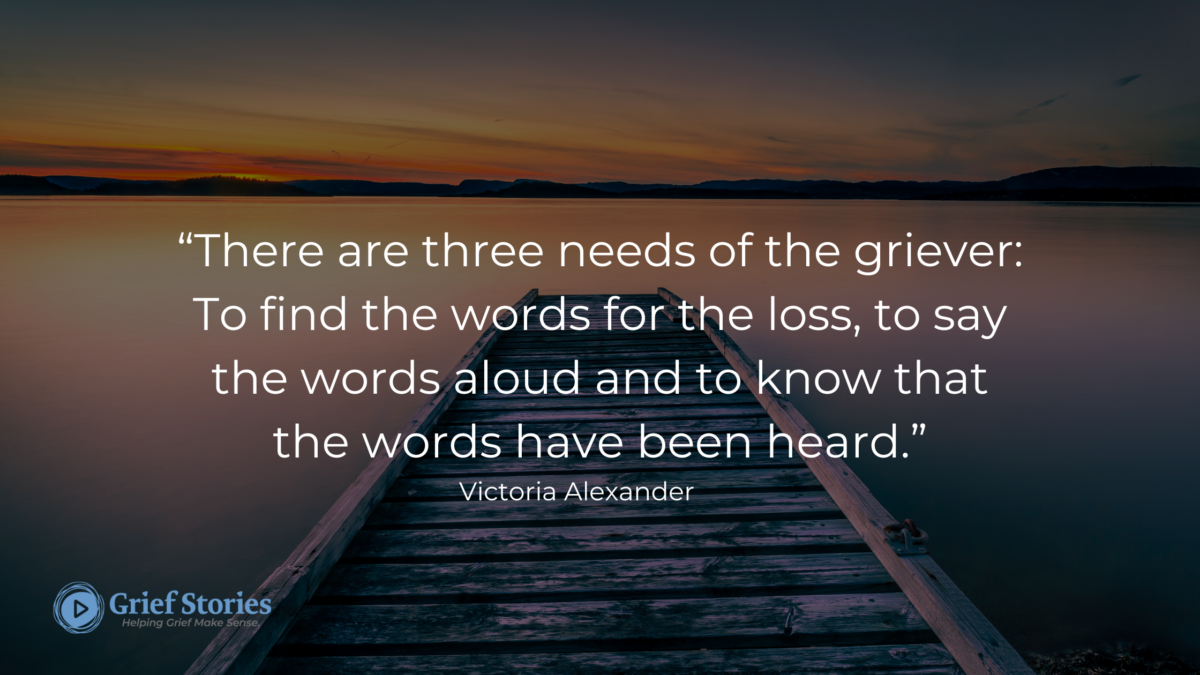
In North America, we are quick to try to “fix” or “solve” grief. There are many books, support groups, and online communities about grief. Yet I have had more than a handful of clients who have recently experienced a death share how their doctor offered them a psychopharmacological medication before their doctor may even acknowledge their loss. I think about the Ghanaian woman, and how open and welcome grief is within their local community. I can only imagine how stifling tending to these rituals in North America may have felt to this person if their mother died in Canada.
There is no “magic pill” to prescribe, but I know many people in the depths of their grief wish there were something, anything to “fast forward” through the sleepless nights, waves of emotion, and grief bursts to a place where their grief feels less overwhelming. There is no right or wrong way to grieve, only yours.
Here are some gentle prompts for you to explore some ways to tend to your grief:
What brings meaning or comfort, to you?
Are there particular rituals your community (spiritual, ethnic, other identities) find important to help honour your loved one?
Which rituals do you find comforting but at times find it difficult to share with others?
Just because White colonizer culture is dominant in North America, does not mean those perspectives are “the right way” through grief and loss. There are many ways of being, doing and knowing in life and in grief.
___________________________________________________________________________________________________________
By Jessica Milette, MSW, RSW . Grief Stories Healthcare Consultant
Jessica is a registered social worker and owner and of Cultivating Connections. Her expertise includes helping individuals and families facing anticipatory grief, ambiguous loss, disenfranchised losses, and sudden deaths. Jessica believes in the power of connection; within ourselves, with those who have died, those we are in relationship with, and with our greater communities. Through sharing our stories of grief and loss, we tend to our connection with those who have died and creating connections with others.
Jessica is a white woman living on the traditional territory of the Anishnabek, the Haudenosaunee, the Attiwonderonk, and the Mississaugas of the Credit peoples, also known as Guelph, ON.
Creating Mother’s Day Traditions as a member of the Dead Mom Club
About a week after Easter this year, I noticed I was starting to feel off. My sleep wasn’t as restful, experiencing tension in my body, at times I was getting irritated with the simplest things. Then while streaming an episode of television, 4 ads back to back all talking about Mother’s Day. Then came the promotional emails, the store displays, and even a banner at the top of my Microsoft Word app directing users to their Mother’s Day templates.
Each year, my relationship with Mother’s Day has changed and it will likely continue to transform for the rest of my life. Early in my grief, I avoided any reminders. It was so difficult to work my part-time job in high school with Mother’s Day displays all around me, hearing about patrons’ plans, and then being asked how my own family would celebrate. I would feel my grief weigh heavily on my body, wanting to sleep until June 1st if I could. My first few Mother’s Days were about survival mode, and getting through my waves of grief.
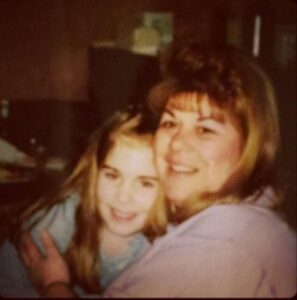
Photo of Jessica and her mother, facing the camera and smiling.
I’m not crushed by my Mother’s Day grief these days in the same way, but I know it is a time of year for me when my grief can show up more. Thoughts about what she would think about streaming platforms; the things I want to tell her; the things I want to thank her for. As my grief has changed these past 18 years, I’ve written letters to my mom, worn pieces of her jewelry, visited her gravesite, bought and written a Mother’s Day card she would have liked, and made some of my favourite childhood recipes of hers.
I would spend many of my Mother’s Days with my grandmother, my mom’s mom as I knew that day held its difficulties for her too. As my grandmother’s health declined over the pandemic, I wasn’t always able or allowed to visit with restrictions. After she died in 2021, I was in a fog by the time Mother’s Day 2022 came around. It felt surreal to me, that on my mother’s side – there are no longer any living maternal presences in my life.
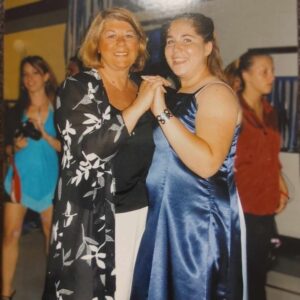
Photo of Jessica wearing a blue satin dress and her mother wearing a long black and
white floral jacket , holding hands as if they are dancing for the camera.
Last year, a friend and another member of the Dead Mom Club were talking about how much this time of year can impact us. These conversations led to something surprising, and beautiful, but also a new tradition that I look forward to engaging in this year. Last Mother’s Day, we had dinner at a nice restaurant downtown, dressed up, and spent an evening talking about our moms. I wore a skirt that belonged to my grandmother and some jewelry that belonged to my mom. My friend also shared items they were wearing or keeping with them that reminded them of their mom. We laughed, we cried, we hugged. It was so cathartic to talk about the things some of our other friends couldn’t quite understand. At times dreading that 2nd Sunday in May, I now know that I can hold space for the difficult emotions that may arise and that I can also look forward to it. To look forward to having dinner with a dear friend, to holding space for the joy, love, and grief we have for our moms, to feel a little less alone on a day that can feel isolating as the rest of the world celebrates it.
_____________________________________________________________________________________________
By Jessica Milette, MSW, RSW . Grief Stories Healthcare Consultant
Jessica is a registered social worker and owner and of Cultivating Connections. Her expertise includes helping individuals and families facing anticipatory grief, ambiguous loss, disenfranchised losses, and sudden deaths. Jessica believes in the power of connection; within ourselves, with those who have died, those we are in relationship with, and with our greater communities. Through sharing our stories of grief and loss, we tend to our connection with those who have died and creating connections with others.
Jessica is a white woman living on the traditional territory of the Anishnabek, the Haudenosaunee, the Attiwonderonk, and the Mississaugas of the Credit peoples, also known as Guelph, ON.
Thoughts on International Overdose Awareness Day 2023
By Jessica Milette, MSW/RSW
August 31 is International Overdose Awareness Day, a day where we honour and remember those who have died by drug poisoning.
We lead multifaceted lives, and the deaths of those we love who have died by drug poisoning contain multitudes. The death of a loved one can bring intense grief, shock, anger, shame, or guilt. People who use drugs, and those who love them that they leave behind, face stigma in North America’s dominant, settler culture.
It is this stigma of drug poisoning deaths, the othering of another’s valid grief, that places a barrier to one of the greatest things we can offer to ourselves and each other: connection. Those who have died by drug poisoning are parents, children, siblings, aunts, and friends. Those who welcomed us with open arms for an embrace, those who worked alongside us, and those who have faced much suffering and marginalization.
Grief can be an isolating experience; having opportunities to heal in community and share the stories of those we love who have died are so important. It is never about HOW they died, but WHO they are. Saying their name out loud, listening to their favourite music, and sharing stories of joy can help. Sometimes we need to share our stories of frustration, guilt, or sorrow with others who have experienced the death of a loved one.
We don’t have to be impacted by the death of a loved one by drug poisoning to support others in our community who are in pain. Grief and the losses we face cannot be fixed. We can feel helpless in the face of seeing someone we care about in the depths of grief. One of the biggest things we can do as supporters is to not shy away from grief – those grieving can feel supported when others ask them about their person or use their name in conversations. Sometimes telling grievers to “call me if you need anything” can feel overwhelming. By offering specific, practical support like mowing their lawn or dropping off groceries gives grievers a choice. If they do not accept the support you offer, be open to listening to what support they do need as what you may have found helpful might not be the type of support they need. A helpful phrase I’ve used to communicate to people in my life when I need some grief support, or when I’ve offered support to those in my life grieving has been: “Would you like help (with a task or to brainstorm), would you like to be heard (where I will sit and listen without judgment and sit with you in your grief), or would you like a hug (sometimes we need a hug through a tough moment)?”
In addition to these personal losses, we also face these losses as a community. State of Emergencies declared by public health authorities due to the drug poisoning crisis are more common than they were before. The Canadian Healthcare system is still reeling from a pandemic and is unable to meet the current demands to address this health crisis. Drug poisoning deaths are highest for those in our community that face high levels of marginalization, oppression, and stigma despite human beings’ universal needs for safety, connection, community, and care..
People who use drugs, like all human beings living on Stolen Land on Turtle Island deserve access to care, community, connection, and safety in all areas of their wellbeing. Harm Reduction is an important but often underappreciated pillar in Canada’s healthcare system that offers safety, community, compassion, and care while keeping the dignity of the person who uses drugs at the heart of this work. Harm Reduction workers create community for those who may feel isolated or have been excluded from other communities they belong to due to their drug use. They provide spaces for people to learn new ways to be in relationship with drugs, how to be safe when using drugs, and getting connected to other supports for their whole health. Not all drug use is inherently problematic, and harm reduction support can look like many things: from helping those wishing to be abstinent from drug use to helping those who are still using drugs to use them in safer ways.
Just like we come in community to honour those who have died, through community we can continue to hold systems accountable and advocate for equity, justice, safety and health for all.
Craig – How men process grief
Craig – How men process grief
Craig talks about his personal story of grief and how he learned to process his emotions in a healthy way. He discusses the challenges that men face when grieving, and offers advice on how to find healthy ways to cope with loss.Craig lost his wife, his mother, his job, and his home in a short period of time. He describes how he felt pressured to be stoic and strong for others, and how this made it difficult for him to grieve. He eventually realized that it was important to allow himself to feel his emotions, even the difficult ones.Craig shares some of the things that helped him to process his grief, such as talking to a therapist, writing in a journal, and spending time in nature. He also emphasizes the importance of finding support from friends and family. This video is a powerful and moving story of how one man found healing after experiencing a series of devastating losses. It is an important reminder that grief is a normal and healthy emotion, and that there are healthy ways to cope with it.
Craig – There is No Right Way to Grieve
Craig – There is No Right Way to Grieve
Craig talks about his experience with grief and how there is no right or wrong way to grieve. He shares his thoughts on how to allow yourself to do what you need to do to heal, even if it doesn’t seem like “self-care.” This video is a reminder that everyone grieves differently and that there is no one-size-fits-all approach to healing.
Saved by a Unicorn: How I Found the Positive in Grief, One Stitch at a Time
By Cee Fisher
I’ve tried many ways of handling grief. I love the challenge of redirecting the negative energy derived from grief, turning it into something positive and useful. Of course, things don’t always go as planned. Still, it feels good to know I have the power to switch things up and try to create more of a sustainable balance in my life. It gives me a sense of control and helps me to feel more hopeful.
One of my most devastating experiences with grief was when I found out my soulmate, Reuben, died. He was the rarest, most caring soul I’d ever met. People respected him. They listened to him. Reuben and I were engaged for a couple of years, and although our breakup was complicated there are a few facts you should know. When we last spoke, we were living in separate countries. He was living on kidney dialysis. I was raising our son alone. They had never met. We were making plans of reuniting. Somewhere along the line, our phone numbers changed and caused us to lose touch. I searched for him for ten years. When he died, a letter that he had written to me was discovered in his belongings. In the letter, he said he needed to speak to me as soon as possible. We never got to have that conversation, and he never got to meet his son.
Googling his name had become very routine, but this time was different. A link appeared. My jaw dropped excitedly until I followed the link and saw the word “late” typed next to his name. That was it for me. That was when my world came crashing down. It felt as if I was violently kicked off cloud 9 and slammed in the gut with a sledgehammer. I opened my mouth and felt my soul wailing, but it was as if I were crying in reverse. I could not breathe. I truly believe that was the day I gained full understanding of what a meltdown feels like.
I hid in my room for about a week, curled up in fetus position, aimlessly crying out Reuben’s name. I felt totally lost and defeated, and knew I needed something else to focus on. Life had taught me that. I needed to engage in something therapeutic, and washing dishes was definitely out of the question. I decided to buy a crochet hook. I crocheted every day, and soon began receiving requests for paid orders. I began selling at outdoor events, surrounded by nature. In no time, I was designing and crocheting custom-made items, including a unicorn my neighbor ordered for her daughter.
Looking back, I had no idea how to even continue to live. A simple attempt at something therapeutic sent the negative bereavement energy into a positive direction. It made me realize my strengths, at a time when I felt I had none at all. It provided a space where I am now better able to manage grief when it hits.
Reflections on Mother’s Day
By Jessica Milette, MSW, RSW
The signs of spring start to show up: the bird calls, sleepy daffodils and tulips waking up from their slumber, the trees beginning to bud ready to shade us with their leaves all season. And then, the flood of Mother’s Day emails start crashing into our inboxes.
Mother’s day is a holiday where we show appreciation and care for the maternal roles in our lives. However, this holiday can feel very overwhelming for those of us who are grieving the death of a mother figure, a mother grieving their child, or those of us grieving the loss of not being able to become mothers ourselves. The ads, commercials, and displays at the store, designed to be appealing and inviting become a painful grief trigger as we go about our day, our minds and hearts going to the person we’re grieving who isn’t alive to receive their flowers or gifts. Feeling as if our grief is heightened on holidays or times of celebration is a natural reaction to have. Often around these times of the year we gather with our loved ones, and our special person’s absence feels amplified.
Over the years, my grief reactions around mother’s day continue to change. At first, it was like a black looming cloud and I would avoid anything to do with Mother’s Day. Over time, I still have had hard Mother’s Days but the day looks much different. I may write to my mother, choose to ignore the day and do things unrelated to Mother’s Day, make a comforting meal from my childhood, or participate in a memorial event on Mother’s Day. Regardless of what I choose to do, or not do on Mother’s Day I make sure to give myself the space and compassion to rest and recover – grief can be exhausting.
There is no right or wrong way to grieve, nor how to go through Mother’s Day. Our relationship as mothers and children is unique, so too will be our grief. The following ideas may be how you’d like to take time to honour the person you’re remembering and grieving on Mother’s Day:
-Unsubscribing from Mother’s Day emails (some companies have a special opt-out message for folks to unsubscribe from these types of emails)
– Ignoring Mother’s Day altogether and doing something that fills you up (it could be going to a movie your person may have never wanted to go to or taking a long hike)
– Creating an altar with photos, keepsakes, and favourite things of your person
– Lighting a candle in their honour
– Writing them a card, updating them on your life and reflecting on your relationship
– Creating a new tradition or ritual to replace Mother’s Day
– Packing your day with connection and activities with trusted others who support you in your grief
– Having a day of nothing: allowing yourself to do what your heart is telling you (a bath, a nap, a cry)
Sometimes our grief may feel heaviest in anticipation of Mother’s Day or on Mother’s Day itself. As we enter May and Mother’s Day approaches, I wish for you to be compassionate towards yourself and move through the day in the way that fits your heart and relationship best.
Kristal – Poetry, Comedy, & Art for Grieving
Kristal – Poetry, Comedy, & Art for Grieving
Kristal discusses using poetry and other forms of creative expression as a distraction from her grief and to disassociate in a safe and productive way. She discusses grief being love with nowhere to go, so she puts it into art.
Kristal – Attending Memorials as a Support Worker
Kristal – Attending Memorials as a Support Worker
Kristal discusses the importance of finding ways to honour people that have been lost and how they have impacted you. She speaks to how she often chooses not to attend public memorials for those she has lost as a support worker as they are often very overwhelming. Instead, she has her own personal rituals or ways of honouring those she has lost personally including opening a window. She discusses how this practice was used when she worked in palliative care.


